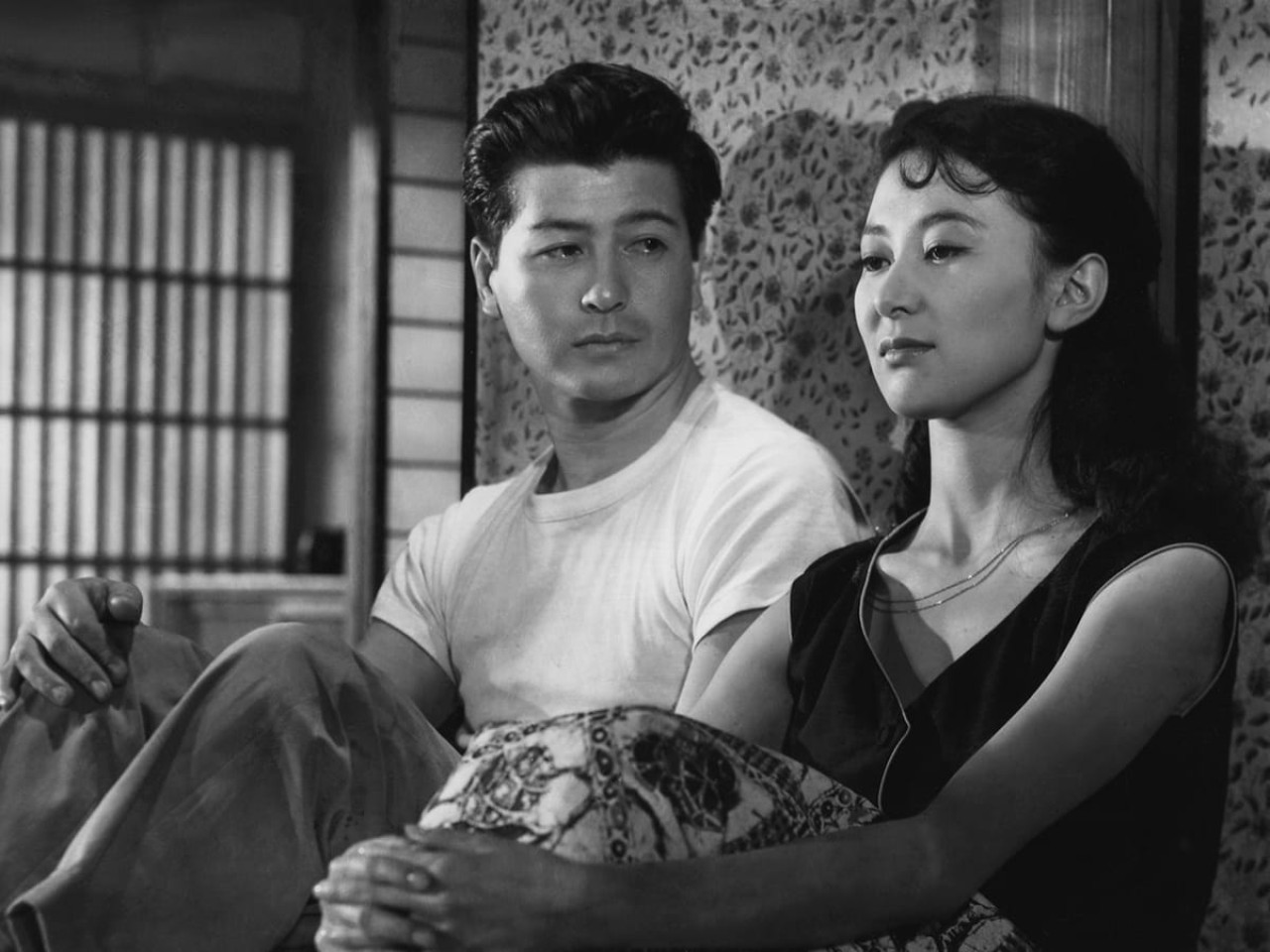Late Autumn

The great actress and Ozu regular Setsuko Hara plays a mother gently trying to persuade her daughter to marry in this glowing portrait of family love and conflict—a reworking of Ozu's 1949 masterpiece Late Spring.
Available In

Cast
- Setsuko Hara
- Akiko Miwa
- Yoko Tsukasa
- Ayako
- Mariko Okada
- Yuriko Sasaki
- Keiji Sata
- Shotaro Goto
- Shin Saburi
- Soichi Mamiya
- Sadako Sawamaru
- Fumiko
- Miyuki Kuwano
- Michiko
- Masahiko Shimazu
- Tadao
- Chishu Ryu
- Shukichi Miwa
Credits
- Director
- Yasujiro Ozu
- Screenplay
- Yasujiro Ozu
- Screenplay
- Kogo Noda
- Based on the novel by
- Ton Satomi
- Cinematography
- Yuharu Atsuta
- Art direction
- Tatsuo Hamada
- Music
- Kojun Saito
- Editing
- Yoshiyasu Hamamura

















